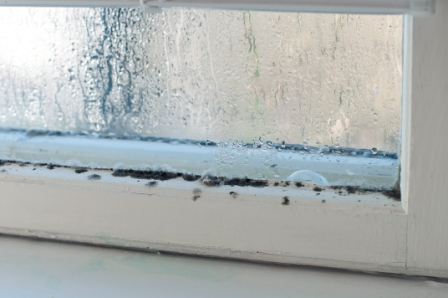The second HRV State of Home Survey* found there had been a 30% year on year increase in the amount of people shifting because a house was cold, damp and/or mouldy.
Further, the survey found that levels of condensation and mould inside houses was widespread - with 82% of houses experiencing condensation.
Half of the renters surveyed said they experienced condensation every morning in winter.
HRV chief executive Bruce Gordon said the survey results highlighted the fact there are still serious issues with much of New Zealand’s housing stock that need addressing.
“Homes are mouldy, cold, and damp which means households get sick, are forced to miss work and school, which then impacts on productivity, earnings and education.
“The burden on these people, and the country as a whole, is considerable.”
More needs to be done to get New Zealand’s houses up to a safe and healthy standard, Gordon said.
The survey also indicated increased awareness about how the state of a house impacts on the health of the people living inside it.
People want to live in warmer, drier and healthier houses - with over 25% of survey respondents wanting to live in a better home environment, Gordon continued.
“Across the board for instance, having insulation, double glazing, a heat pump and ventilation is more important to people than a good school zone.”
Coming in the midst of the ongoing dialogue about minimum standards for rental properties, the survey results provide yet more evidence the issue is one that is not going to go away.
In a new development, this week the government announced changes to tenancy law designed to address the problem of cold, damp houses.
Under the Residential Tenancies Act, landlords will now be legally required to install insulation and smoke alarms in rental properties.
The government decided not to introduce a full warrant of fitness for rental properties.
While responses to the announcement have been mixed, most agree the proposed new law is a welcome step towards improving the country’s housing stock.
NZ Property Investors Federation executive officer Andrew King said the new requirements appeared reasonable.
He said they should ensure better standards for tenants without causing a reduction in rental property supply or excessive rental price increases.
However, many commentators have noted that nearly 100,000 houses will be exempt from the new law as they are not suitable for retrofitting of insulation.
*The survey was conducted by independent research company Buzz Channel.




 Search
Search
